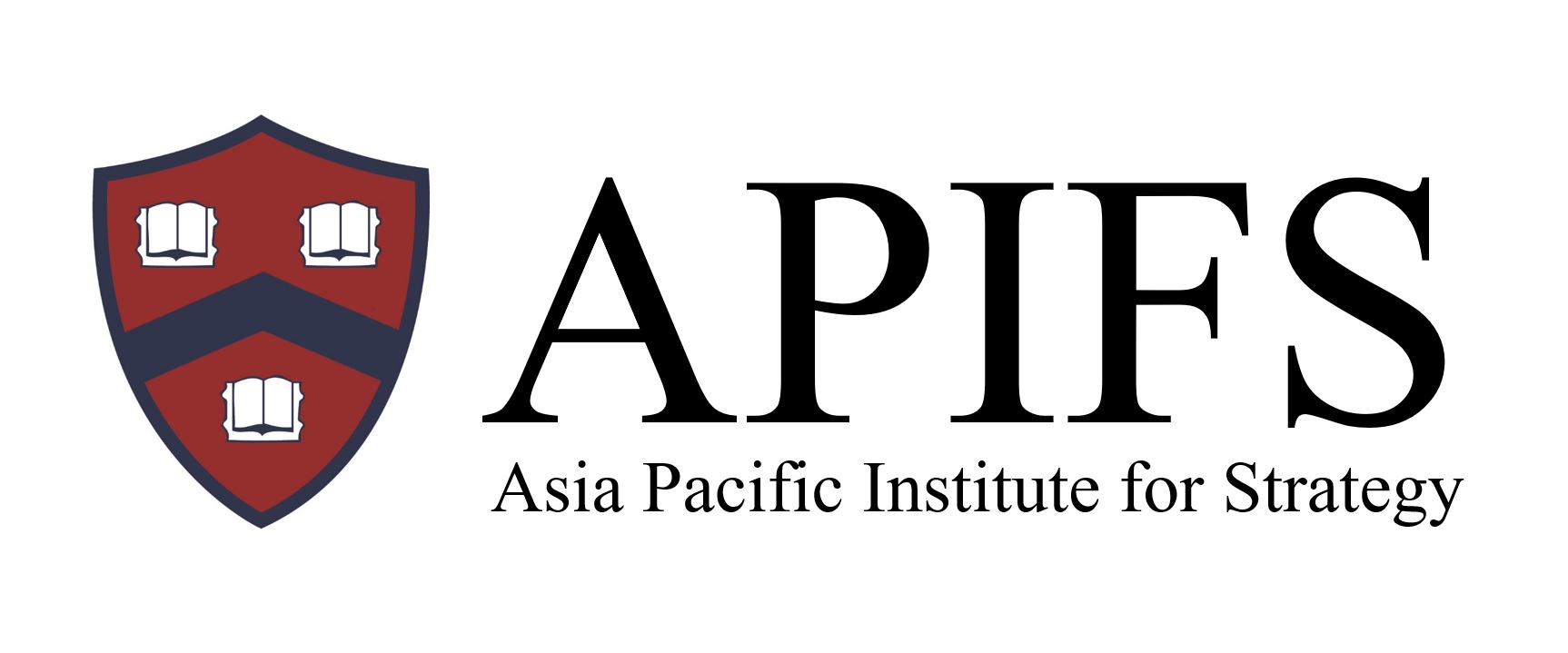
[CFO Strategy] How to prepare for a new round of pandemic as soon as possible?
Philip Yu
- Managing Partner, Fung, Yu & Co. CPA Limited
- Fellow, Financial Services Industry, Asia Pacific Institute for Strategy ( 亞研所院士 )
CNBC reported on June 2 that in the latest survey by the CNBC Global CFO Council, nearly half of CFOs said that COVID-19 would have a "negative" impact on the company, and nearly 40% considered it "very serious".
Coincidentally, PricewaterhouseCoopers (PwC) tracked the CFO's judgment on CONVID-19 in the past three months. The results on June 15 showed that the CFO believes that nearly half (45%) of productivity will decline due to the lack of remote working capabilities.
As Accenture analyzes: For companies to deal with an unprecedented new normal, "confidence accelerators" (effective measures that can quickly and reliably rebuild trust) have become necessary, and organizations need to focus on rebuilding trust through various channels.
We believe that if a new round of COVID-19 infection occurs globally, it will hit the global economy and global companies far more severely than it is now. This is also the point of concern for global CFOs.
As early as May 29, the Boston Consulting Group (BCG) research report pointed out that under the impact of COVID-19, one-sixth of the world's people may lose their jobs in the last two to three months, and this year there will be 2 billion people. Loss of work or entering a state of insufficient workload.
10% of people are likely to work remotely all the time, and the proportion of office workers who work from home may reach 30%. World Bank economist Ayhan Kose said: “The economic recession caused by COVID-19 is unprecedented in many ways. For advanced economies, this may be the most severe recession since World War II. For emerging markets and developing countries, this is the first economic contraction in 60 years...
How to survive? How to live well? Become the biggest challenge facing many CFOs.
The well-known international consulting company Bain & Company suggests that in the face of COVID-19, the finance team should not only devote more time to high-value-added work, but also flexibly use new working methods such as remote collaboration to make it faster and more efficient. Good handling of traditional work such as receivables and payables.
With COVID-19 further raging, the global economic downturn has become an inevitable trend, but as major countries gradually control COVID-19 and initiate a series of economic recovery policies, the CFO's mentality and response strategies have become clearer.
From a conceptual point of view, accepting the global economic downturn and also accepting that their own corporate income has suffered a major impact. 53% of CFOs expect revenue and/or profits to fall by up to 25%. Philippe Blondiaux, CFO of the internationally renowned luxury brand Chanel, believes that the luxury goods industry will be affected by COVID-19 in the next two years and warned that the company's revenue and profits in 2020 will be severely hit, and the countries and regions, where Chanel stores reopen, cannot make up for the lack of international travel.
In terms of action, CFOs need to clarify their strategic positioning, make "choices" from capital investment, and fully consider the continuity of the company's business. The main actions include:
Step 1: Take steps to improve the remote work experience and make remote work a permanent option.
PwC’s latest survey shows that more than half of CFOs said they will take steps to improve the remote work experience (52%), and 50% of companies said they plan to accelerate automation and new ways of working. Twitter told employees that they could work from home "forever" if they wanted to.
Accenture pointed out that at the worst of the pandemic, people were forced to adopt virtual work, consumption and social methods, which will further promote the process of large-scale experience virtualization transformation.
Bain & Company also suggested that while dealing with short-term business support, the financial department may wish to consider the long-term, sort out the process reset and simplify it, repair and improve the loopholes in the process, once the environment is stable, it can accumulate and produce results.
Step 2: Take more strategic measures to attract employees to return and ensure the safety of customers and employees.
The global CFO’s confidence in the “safety of the working environment” has reached 70%. The vast majority of CFOs are confident that government agencies are “acting swiftly to issue new safety guidelines for the workplace” and are confident to “bring employees back to reality” The workplace or plan to reopen.”
Almost all CFOs are considering changing the safety measures and requirements of the workplace, reconfiguring the workplace to increase social distance and improve the remote working experience.
Step 3: While cost control, increase investment in digital transformation.
Cost control is still the primary financial action CFO is considering. Under normal business conditions, the company spends a lot of time on the income statement, but under the crisis, finance should encourage the business department to focus on cash flow and balance sheet, improve cash flow and optimize asset allocation, re-evaluate investment plans at the corporate level.
If indiscriminate and devastating cuts are made, the company’s business continuity will be hurt, many opportunities will be missed after the pandemic. Therefore, strategic investment is equally important during the economic slowdown. Through more investment in research and development, marketing, and assets than competitors, it can ensure that the company can have new growth points after the low tide.
According to a PwC survey, more than half (56%) of the respondents are considering postponing or canceling planned investments, but CFOs are also unlikely to cut their planned digital transformation investments (11%). They correspond to the discovery of programs that accelerate automation and improve the remote work experience.
Step 4: Provide new products or enhance products or services, rebuild or increase sources of income.
Cash flow is the foundation of a company's survival, and "increasing revenue and reducing expenditure" is basically the main tone of every company, but the necessary investment and product development to ensure business continuity cannot be easily abandoned.
Yang Chuan, Vice President of Finance of Bosch China: Stop all investments and mergers and acquisitions, review supplier terms one by one, and suspend recruitment plans, but this is also a very good opportunity to reshuffle the original bad portfolio.
Take advantage of the crisis, reorganize the strategy and sort out the best product mix. Analyze the most profitable and best product lines, so as to make more hidden investments, such as how to make the process more efficient and lock in better talents.
Related Articles:
[Crisis Management ] Deal Terms Renegotiation: Investment Agreement is a Prenup?[Stanford University Graduates Partnership] How to build a hundred-billion-dollar enterprise
[Crisis Management for the Pandemic]Portfolio Management and Best Practice: The Rule of 30%
[Asset Management for the Pandemic] Real Estate Investment Philosophy in Disrupted Times
[Change Mgt for the Pandemic] 6 Tactics and Pitfalls to Win People's Hearts to Change Effectively
[Crisis Management for the Pandemic]Trend and Crisis Management:The Worst of Time, The Best of Time
《Tai Hing 3.0》Foreword by Dr. Mark Lee:Upgraded Strategy, Advanced Enterprise
[CEO Insights]Crystal Interview:Management Philosophy for an Enterprise from Zero to Billions
[CEO Coaching]Octopus Interview: Innovative Thinking Strategy
[CEO Coaching]BEA Interview: Development Opportunities for Hong Kong Banking Industry
[CEO Coaching]Pfizer Hong Kong Exclusive Interview:What makes a successful enterprise?
[CEO Coaching]Ericsson (HK) Limited Interview:Would Hong Kong lose its competitive edge in 5G era?
Australia: +61 3 9015 4991
Singapore: +65 6850 5067
Hong Kong: +852 3970 1828
Email: cs@apifs.net
Asia Pacific Institute for Strategy (C) 2026
